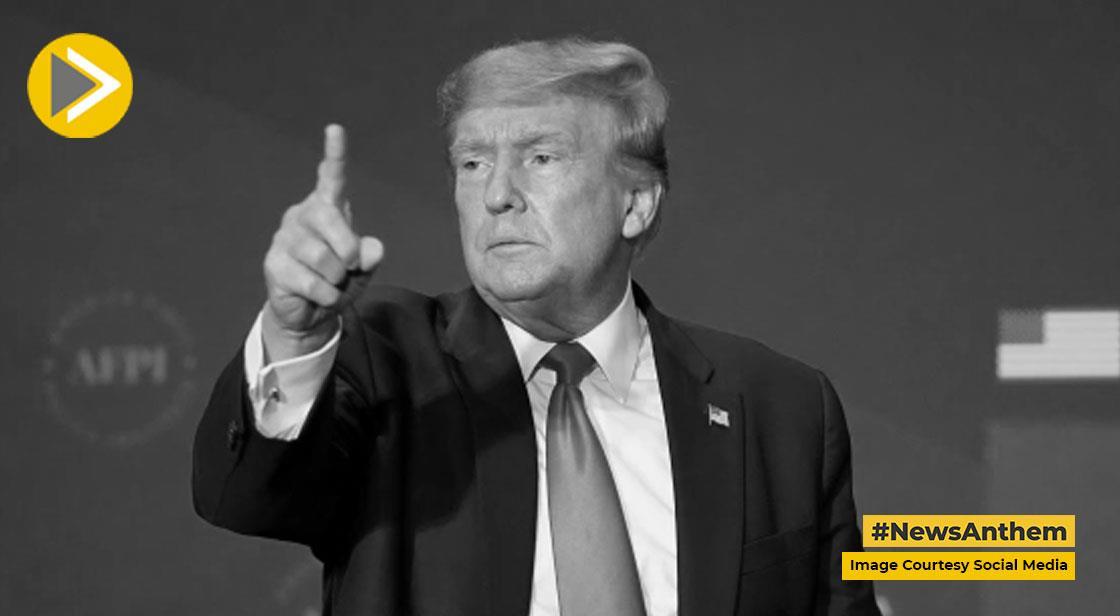US Opens Investigation into Brazil's Trade Practices Following 50% Tariff Announcement

News Synopsis
The United States has officially launched an investigation into Brazil’s trade practices, citing concerns that the South American nation’s policies may be “unreasonable or discriminatory” and could negatively impact US commerce. The probe is being conducted under Section 301 of the Trade Act—a legal mechanism that allows the US to impose retaliatory measures such as tariffs if a trading partner’s actions are found to hurt American businesses.
The investigation was confirmed on Tuesday, July 16, by the Office of the US Trade Representative (USTR).
Potential for New Tariffs Amid Escalating Tensions
This new investigation could pave the way for additional tariffs on Brazilian goods, escalating tensions that had already flared up after US President Donald Trump announced a 50% tariff on select Brazilian imports just days earlier.
The probe will examine Brazil’s trade policies across several sectors to determine if they “burden or restrict US commerce”. According to the USTR, if the investigation finds evidence of unfair trade practices, the US could move forward with punitive measures.
USTR Cites Attacks on US Tech Firms
In its statement, the USTR also referenced Brazil’s “attacks on American social media companies”, which will be part of the investigation’s scope. One major incident highlighted was Brazil’s decision to block the platform X (formerly Twitter) during a legal standoff involving Elon Musk and a Brazilian judge.
The move is being scrutinized as part of broader concerns about Brazil’s regulatory climate for foreign tech companies and whether such actions unfairly target US firms.
Trump Criticizes Treatment of Bolsonaro
The announcement of the probe came just days after President Trump lashed out at Brazil for what he described as unfair treatment of his political ally, former President Jair Bolsonaro. Bolsonaro is currently facing legal proceedings over alleged efforts to overturn the results of the 2022 election, which he narrowly lost to current president Luiz Inacio Lula da Silva.
In a letter to President Lula, Trump condemned the handling of Bolsonaro’s case, calling it an “international disgrace.” The letter accompanied his announcement of the 50% tariff, indicating that political tensions are deeply intertwined with the current trade dispute.
Lula Responds with Warning of Reciprocal Measures
President Lula responded firmly to Trump’s tariff move, warning that Brazil would retaliate under its own Law of Economic Reciprocity if the US proceeds with unilateral trade penalties. Lula emphasized that Brazil remains open to fair trade, but would defend its economic interests if targeted unfairly.
His post on social media warned that “any unilateral tariff increases will be addressed”, signaling that a trade war between the two nations could be looming.
Section 301: A Tool for Economic Pressure
The use of Section 301 investigations has become more frequent in recent years as a tool for economic pressure and diplomatic leverage. The same mechanism was used in past disputes with China and the European Union.
US Trade Representative Jamieson Greer said, “I have determined that Brazil's tariff and non-tariff barriers merit a thorough investigation, and potentially, responsive action.” He confirmed that the investigation was initiated at President Trump’s direction.
US-Brazil Trade Relationship Under Strain
The US-Brazil trade relationship has generally been cooperative, with the US running a trade surplus in recent years. However, the current tensions signal a shift towards a more confrontational stance, especially as geopolitical and ideological differences deepen between the two administrations.
If the US proceeds with more tariffs or sanctions, Brazil is likely to respond in kind, potentially impacting industries including agriculture, tech, and manufacturing in both countries.
You May Like









